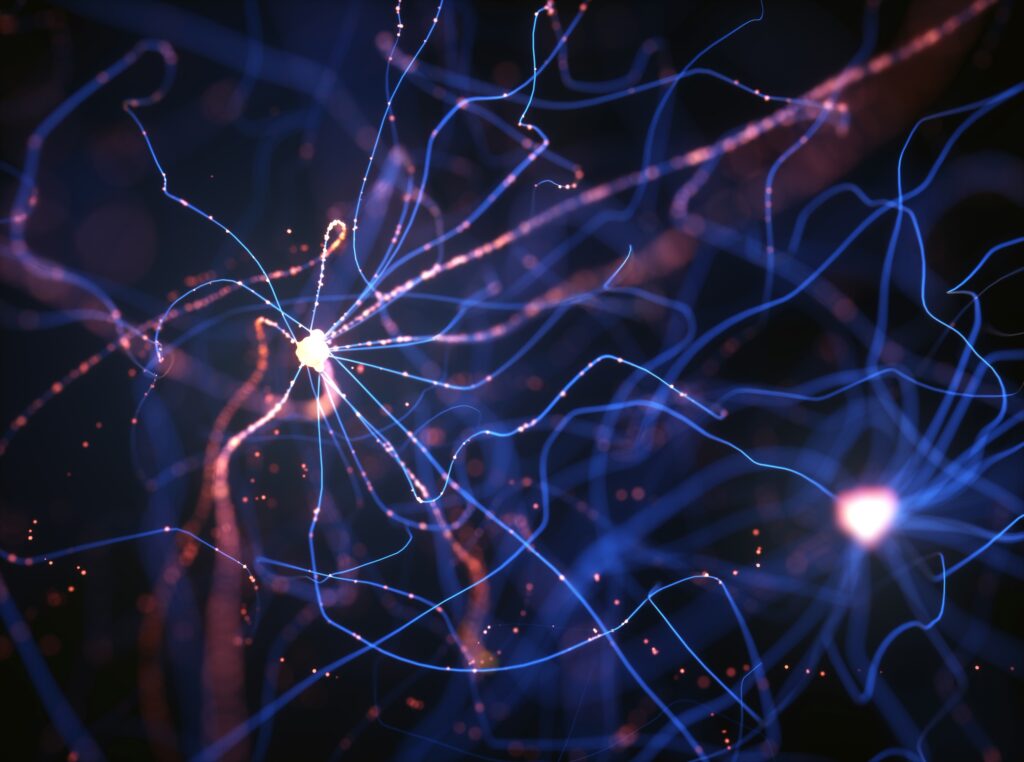Consciousness unbound
Seeing | Psychology
![]() Prof. Edward F. Kelly, PhD | 2021-01-11
Prof. Edward F. Kelly, PhD | 2021-01-11
Has rigorous empirical research ever contradicted materialism? In his presentation during Essentia Foundation’s 2020 online work conference, Prof. Edward F. Kelly discusses decades of solid scientific work that does precisely that.
Edward F. Kelly is currently a Professor in the Division of Perceptual Studies (DOPS), a research unit housed administratively within the Department of Psychiatry and Neurobehavioral Sciences at the University of Virginia. He received his Ph.D. in psycholinguistics and cognitive science from Harvard in 1971, and spent the next 15-plus years working mainly in parapsychology, initially at J. B. Rhine’s Institute for Parapsychology, then for ten years through the Department of Electrical Engineering at Duke, and finally through a private research institute in Chapel Hill. Between 1988 and 2002 he worked with a large neuroscience group at UNC-Chapel Hill, mainly carrying out EEG and fMRI studies of human somatosensory cortical adaptation to natural tactile stimuli. He returned full-time to psychical research in 2002, serving as lead author of Irreducible Mind (Rowman and Littlefield, 2007), Beyond Physicalism (Rowman & Littlefield, 2015), and Consciousness Unbound (Rowman & Littlefield, in press). He is now returning to his central long-term research interest – application of modern functional neuroimaging methods to intensive psychophysiological studies of paranormal or ‘psi’ processes and psi-conducive altered states of consciousness in exceptional subjects. Prof. Kelly is a member of Essentia Foundation‘s Academic Advisory Board.

Essentia Foundation communicates, in an accessible but rigorous manner, the latest results in science and philosophy that point to the mental nature of reality. We are committed to strict, academic-level curation of the material we publish.
Recently published
Reading
Essays
Seeing
Videos
Let us build the future of our culture together
Essentia Foundation is a registered non-profit committed to making its content as accessible as possible. Therefore, we depend on contributions from people like you to continue to do our work. There are many ways to contribute.
















